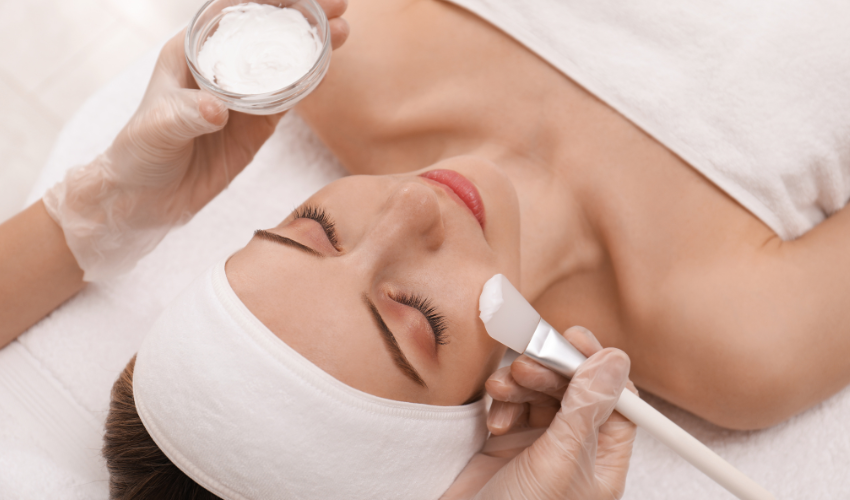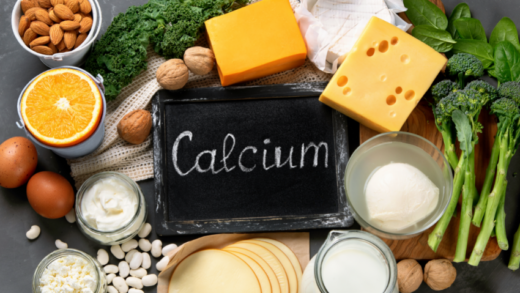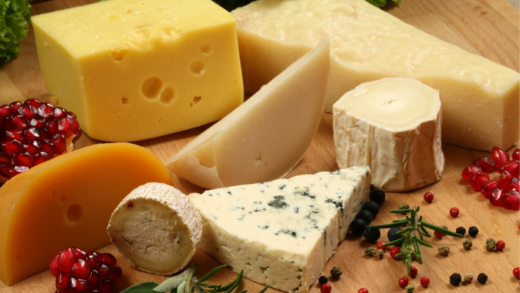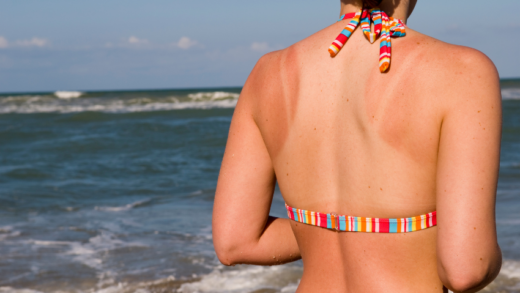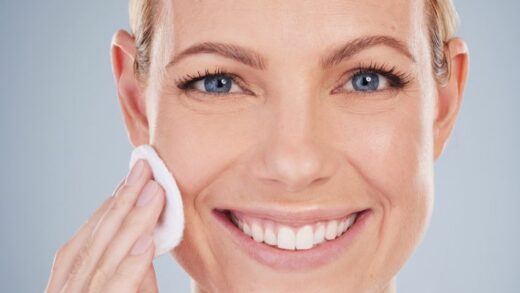Exfoliating is an essential part of any skincare routine, as it helps to remove dead skin cells, unclog pores, and reveal brighter, smoother, and more radiant skin. However, with so many different types of exfoliants on the market, it can be challenging to know which one is right for your skin. AHA and BHA are two of the most popular exfoliants, but what are they, and how do they differ? In this article, we’ll take a closer look at AHA vs. BHA and help you choose the right one for your skin type.
AHA vs. BHA
The Basics AHA, or alpha-hydroxy acid, is a water-soluble acid that helps to exfoliate the skin’s surface by dissolving the bonds between dead skin cells. AHA is derived from natural sources such as sugar cane, milk, and fruits and is ideal for those with dry, sun-damaged, or mature skin. AHA can help to reduce the appearance of fine lines, wrinkles, and hyperpigmentation and can leave the skin looking smoother and more radiant.
BHA, or beta-hydroxy acid, is an oil-soluble acid that helps to exfoliate the skin’s surface and inside the pores by dissolving the sebum that can clog them. BHA is derived from salicylic acid and is ideal for those with oily, acne-prone, or combination skin. BHA can help to unclog pores, reduce inflammation, and improve the overall texture and appearance of the skin.
AHA vs. BHA: The Differences

AHA and BHA differ in several ways, including their chemical structure, mode of action, and ideal skin types. Here are some of the key differences between AHA and BHA:
Chemical Structure: AHA is a water-soluble acid, while BHA is an oil-soluble acid. This means that AHA works on the surface of the skin, while BHA can penetrate deeper into the pores.
Mode of Action: AHA works by dissolving the bonds between dead skin cells on the skin’s surface, while BHA works by dissolving the sebum that can clog pores and cause acne.
Ideal Skin Types: AHA is ideal for those with dry, sun-damaged, or mature skin, while BHA is ideal for those with oily, acne-prone, or combination skin.
Benefits: AHA can help to reduce the appearance of fine lines, wrinkles, and hyperpigmentation and can leave the skin looking smoother and more radiant. BHA can help to unclog pores, reduce inflammation, and improve the overall texture and appearance of the skin.
AHA vs. BHA: How to Choose the Right Exfoliant for Your Skin Type
Choosing the right exfoliant for your skin type can be challenging, but there are a few factors to consider when making your decision. Here are some tips for choosing the right exfoliant for your skin:
Dry Skin: If you have dry skin, AHA is the best choice for you. AHA can help to remove dead skin cells without stripping your skin of its natural oils, leaving your skin looking smoother and more radiant.
Oily Skin: If you have oily skin, BHA is the best choice for you. BHA can help to unclog pores, reduce inflammation, and improve the overall texture and appearance of the skin, leaving it looking clearer and more balanced.
Combination Skin: If you have combination skin, you can use both AHA and BHA. Use AHA to exfoliate the dry areas of your skin and BHA to target the oily areas and unclog pores.
Sensitive Skin: If you have sensitive skin, AHA may be too harsh for you. Instead, opt for a gentle exfoliant such as a scrub or enzyme-based exfoliator.
Frequently Asked Questions
Can I use AHA and BHA together?
Yes, you can use AHA and BHA together, but it’s important to introduce them to your skincare routine gradually. Start with using one exfoliant at a time, and once your skin has adjusted, you can gradually introduce the other.
How often should I exfoliate with AHA or BHA?
It depends on your skin type and the concentration of the exfoliant you’re using. As a general rule, start with using the exfoliant once or twice a week, and then gradually increase the frequency if your skin tolerates it well.
Can AHA and BHA cause skin irritation?
Yes, AHA and BHA can cause skin irritation, especially if you have sensitive skin or if you’re using a high concentration of the exfoliant. It’s important to patch test the product before using it on your face and to start with a low concentration of the exfoliant.
Can AHA and BHA make my skin more sensitive to the sun?
Yes, AHA and BHA can make your skin more sensitive to the sun, so it’s essential to wear sunscreen during the day and avoid prolonged exposure to the sun.
Are there any side effects of using AHA or BHA?
Some of the side effects of using AHA or BHA include redness, peeling, and sensitivity. These side effects are usually temporary and can be managed by using a gentle moisturizer and avoiding other exfoliating products.
Conclusion
In conclusion, AHA and BHA are two types of exfoliants that can help to improve the texture and appearance of your skin. AHA is ideal for those with dry, sun-damaged, or mature skin, while BHA is ideal for those with oily, acne-prone, or combination skin. When choosing the right exfoliant for your skin type, consider factors such as your skin type, the concentration of the exfoliant, and any other skincare products you’re using. With the right exfoliant, you can achieve brighter, smoother, and more radiant skin.
